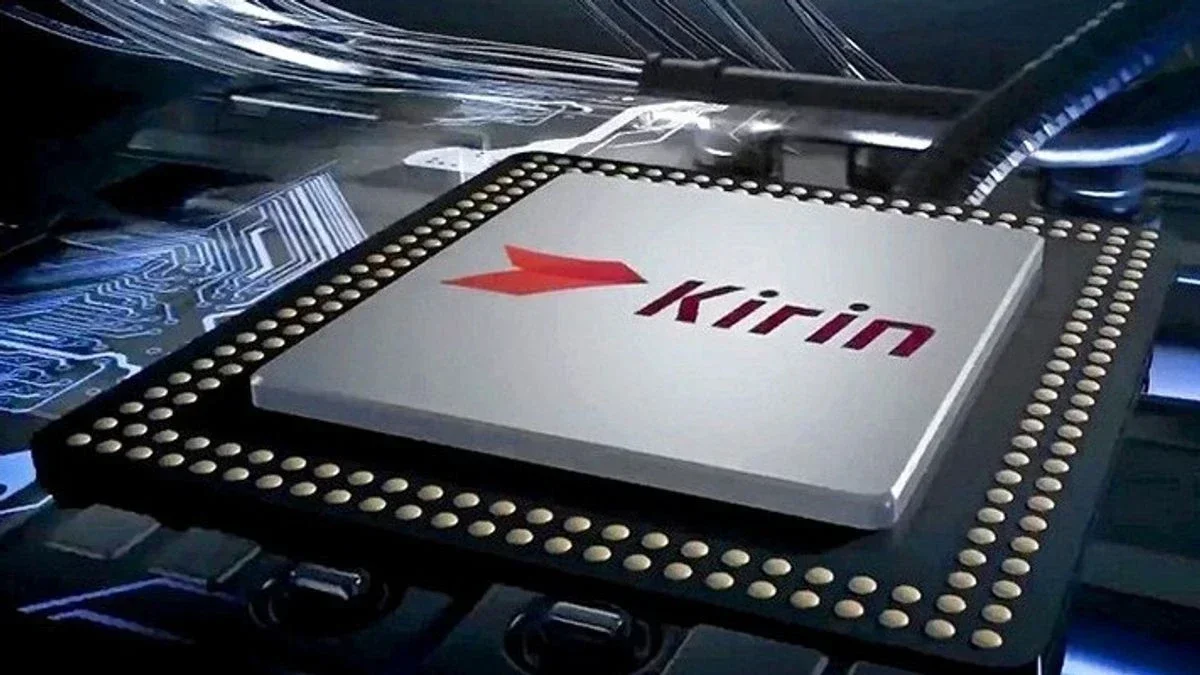The Commerce Department gave Qualcomm the okay to ship older Snapdragon processors to Huawei because they were tweaked to support 4G signals only. They were used to power flagship models like the P50 and P60 and the Mate 50. We all know what happened last year when the Huawei Mate 60 was powered by a homegrown Kirin 9000s processor. Not only was it the first Kirin chip to power a Huawei phone since the Mate 40 series in 2020, but it also was the first chip to support 5G inside a Huawei phone since the Mate 40 line three years back.
U.S. lawmakers were floored when Huawei announced the Mate 60 Pro
The Kirin 9000s was built by China’s leading foundry SMIC. The latter is the third largest foundry in the world after TSMC and Samsung Foundry and the Huawei-designed component was built using SMIC’s 7nm process node. When the Kirin 9000s was announced at the same time as the Mate 60 Pro, U.S. lawmakers were upset since it didn’t seem possible that China had the technology to build such a chipset.
“If we have any reason to believe there are potential issues, we will take prompt action to ensure compliance, including conducting investigations and proactively communicating with relevant parties, including customers and regulatory authorities as necessary.”-TSMC
While the Commerce Department has yet to officially announce an investigation, TSMC released a statement calling itself “a law-abiding company” that is “committed to complying with laws and regulations, including export controls.” Sources told The Information that not only does the U.S. believe that TSMC possibly manufactured smartphone chips for Huawei, but it also believes that the Taiwan-based foundry helped Huawei design its AI chips.
The Information’s sources said that the U.S. has asked TSMC whether it did manufacture smartphone or AI chips that were sent directly to Huawei. The same report also cites sources that said TSMC directly sold the chips to Huawei or sold the chips to a “beard” or an intermediary company that placed the orders with TSMC on Huawei’s behalf. TSMC is supposed to vet its customers before shipping orders to make sure that U.S. chips aren’t ending up in Huawei’s possession.
As a result, the U.S. is investigating how the foundry monitors its customers to make sure that chips aren’t being sent to companies and countries that they are not supposed to be shipped to. TSMC told The Information that it “maintains an ‘export system for monitoring and ensuring compliance.'” The foundry says that it is cooperating with the investigation which is said to be in its early stages.
Will Apple have to find a new foundry to build its chips?
TSMC also received $6.6 billion in CHIPS Act funding to help build TSMC’s three fabs in Arizona. An important cog in U.S. plans to become a leader in semiconductor production, the Commerce Department said that these facilities “will manufacture the world’s most advanced semiconductors.” With that investment, it doesn’t seem likely that the U.S. would spank TSMC hard enough for it to be unable to handle Apple’s chip needs.
You probably know that Apple has been TSMC’s top customer for many years. Before the export rule change that affected Huawei’s ability to obtain chips, the Chinese manufacturer was TSMC’s second-largest customer.
